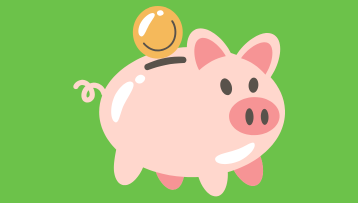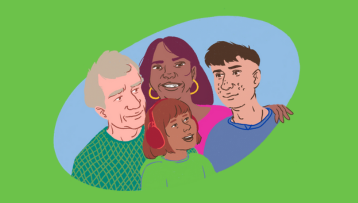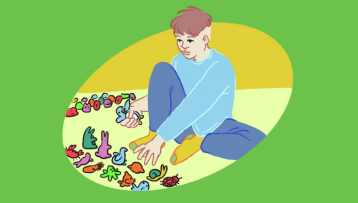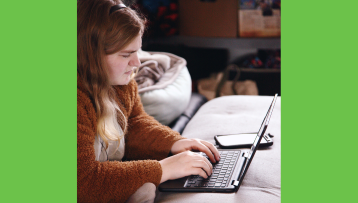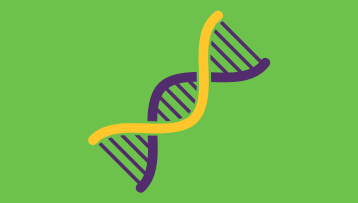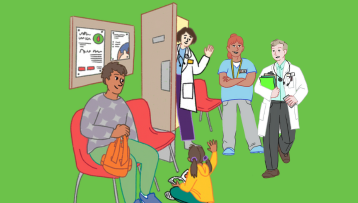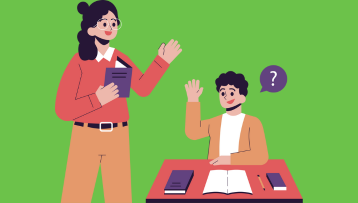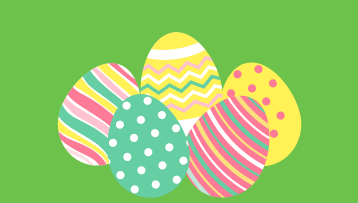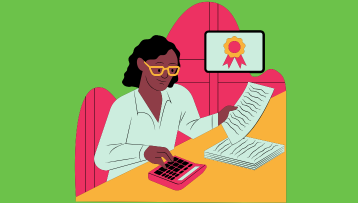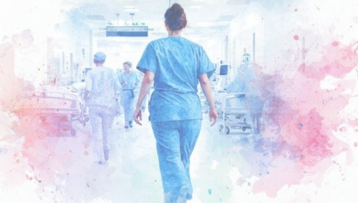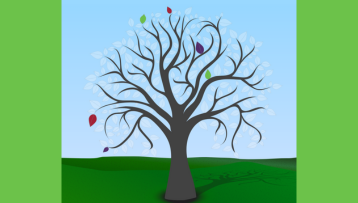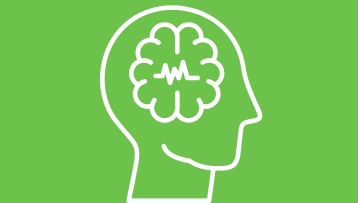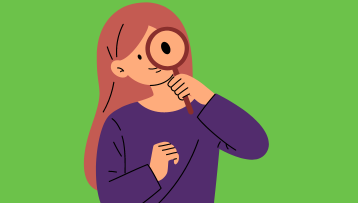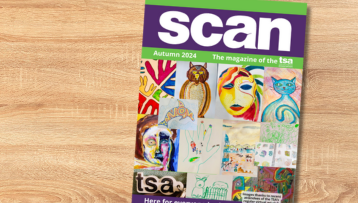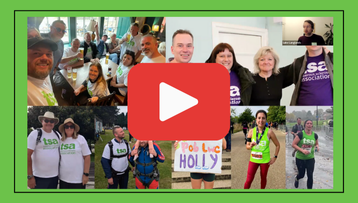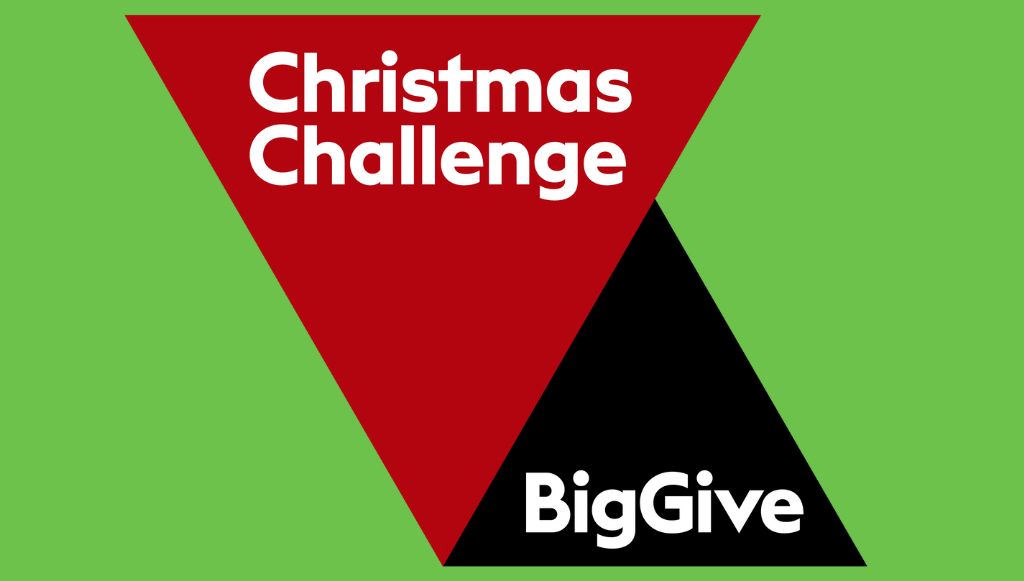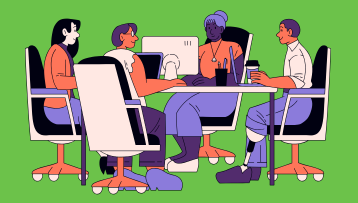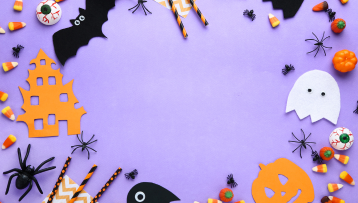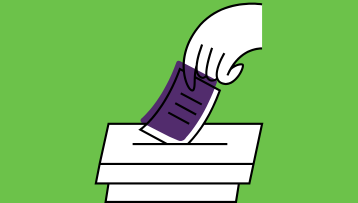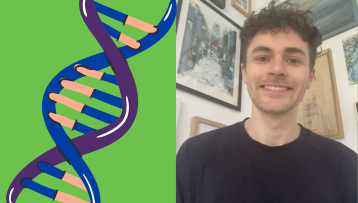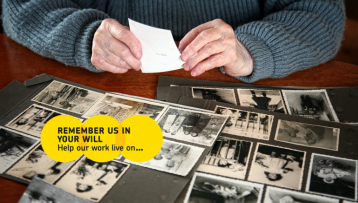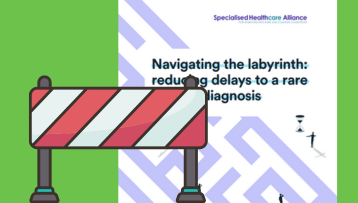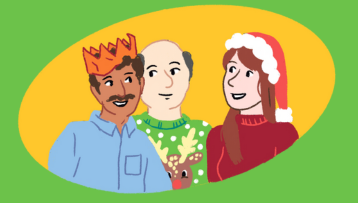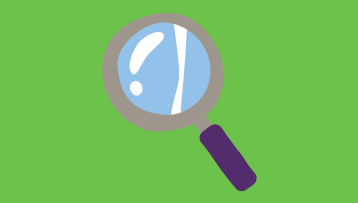One of the most challenging aspects of TSC is the ongoing struggle that individuals and even whole families can have with sleep. A new study is hoping to help us better understand sleep in children with TSC and its connection to behaviours that can be challenging
Is sleep a particular problem in TSC?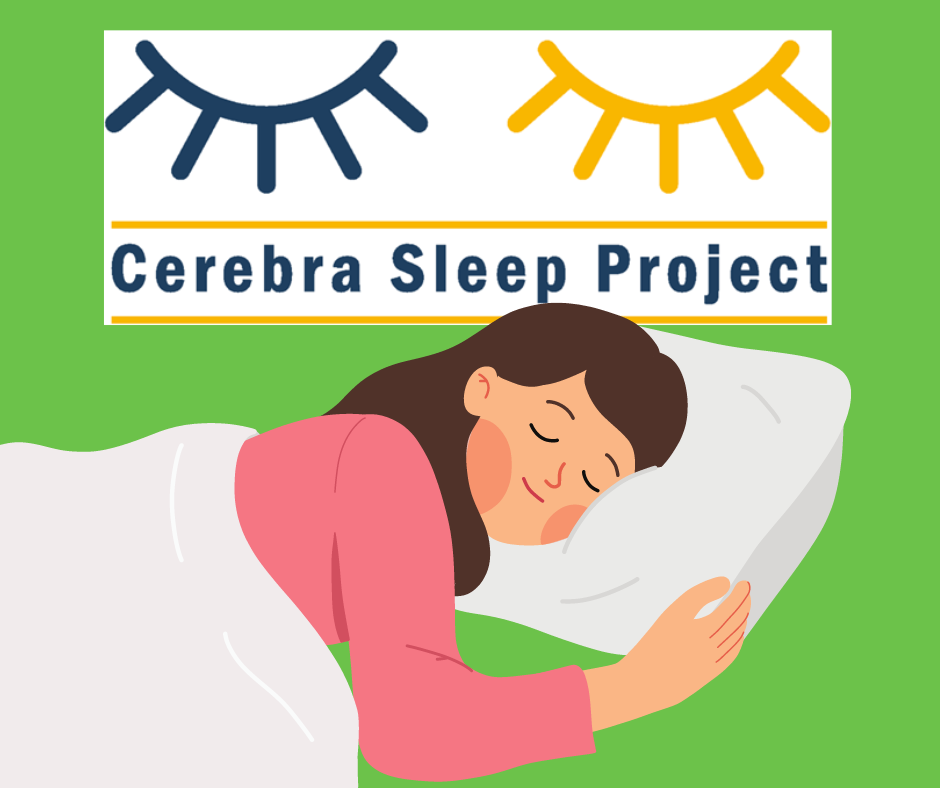
Getting a good level of sleep regularly is an absolutely essential part of everyday life for everyone’s physical and mental wellbeing. Unfortunately, many people in the TSC community find sleep to be a challenge. This might be for a range of challenges, such as epilepsy, TSC-Associated Neuropsychiatric Disorders (TAND) or many other things (see our sleep page here).
Research suggests that people with genetic conditions like TSC have more challenges during the day after a bad night’s sleep, compared to those without the condition. In particular, poor sleep in children with TSC is linked with a greater likelihood of behaviours that can be challenging, such as fighting or shouting.
What is this research going to do?
We know that poor quality sleep and behaviours that can be challenging are linked, but there’s not a lot of research to show us exactly how they’re connected. The Cerebra Sleep Project from University of Birmingham aims to address this question.
The project hopes to improve our understanding of how sleep difficulties impact children with rare genetic syndromes, including TSC. This will then mean that we know more about why children with TSC sometimes sleep poorly and what we can do about it.
Who can take part in the Cerebra Sleep Project?
The researchers are looking for children who are aged 6-15 years old and have a genetic diagnosis of TSC. It doesn’t matter whether the child has sleep problems or not, or if they’re taking sleep medication.
What does the study involve?
You’ll will be asked to complete:
- Questionnaires: These questionnaires ask about your child’s sleep, behaviour, and basic background information like age and gender
- A telephone interview (approximately 90 minutes): This interview includes questions about your child’s functioning and day-to-day behaviour
- A direct sleep assessment: The researchers will assess your child’s sleep and behaviour over 10 days. During this time, children will wear an activity monitor (MotionWatch) which measures their sleep. Children will also play some games during the assessment, using toys and tablets that we provide. These games last 10-15 minutes altogether
Parents and caregivers will also complete a sleep diary for their children for 10 days.
How do I get involved or learn more about the project?
To take part fill out the Cerebra Sleep Project form here. Alternatively, you can contact the research team directly by email or telephone (0121 414 7206).
Make a one off or regular donation
£10 Can allow us to send a welcome pack to a family who has just received a life-changing TSC diagnosis, ensuring that they do not go through this time alone.
£25 Can help us develop materials that are included in our support services, flagship events or campaigns.
£50 Can provide laboratory equipment for a day’s research into the causes, symptoms, management or treatment of TSC.
To provide help for today and a cure for tomorrow





